The Department of Homeland Security (DHS) and the United States Citizenship and Immigration Services (USCIS) recently issued a policy memorandum, PM-602-0188, which redefines the evaluation process for naturalization applications. This new approach reinstates a holistic evaluation based on a "totality of the circumstances" framework, significantly altering the adjudicative landscape.
Heightened Burden on Applicants
The memorandum places a substantial burden on applicants to demonstrate their worthiness for U.S. citizenship. They must provide evidence of positive attributes, such as community involvement, caregiving, employment history, or educational attainment. The process now demands affirmative proof of societal value beyond the mere absence of disqualifying conduct.
Potential Adverse Impact on Vulnerable Populations
The new policy, while aimed at restoring rigor in naturalization, poses challenges for vulnerable groups. Elderly applicants and those seeking language waivers due to age or disability may struggle to show community involvement or stable work histories. Homemakers and caregivers might find it difficult to provide the recognized positive attributes. Similarly, low-income or disabled applicants may be disadvantaged in demonstrating formal achievements.
Subjectivity and Discretionary Denials
The emphasis on officer interpretation introduces the risk of subjective and inconsistent adjudications. Without clear guidelines on weighing positive and negative factors, different officers might reach disparate conclusions on similar evidence, leading to potential unfairness and arbitrary denials.
The Necessity of Legal Representation
The increased evidentiary burden necessitates legal representation for applicants. Attorneys will play a crucial role in identifying qualifying factors, framing caregiving and household contributions, and drafting persuasive arguments. Legal advisors will ensure that non-traditional contributions are recognized as valid indicators of good moral character, preventing unjust denials of deserving applicants.
The updated policy undeniably makes the path to naturalization more challenging, especially for vulnerable groups. As a statutory eligibility requirement morphs into a more complex evaluation, strategic legal advocacy becomes essential to ensure equity and safeguard eligible applicants from being excluded.
